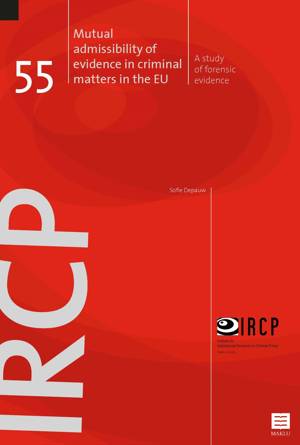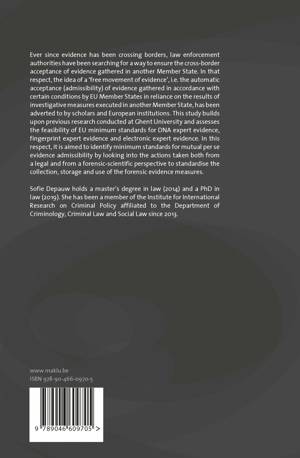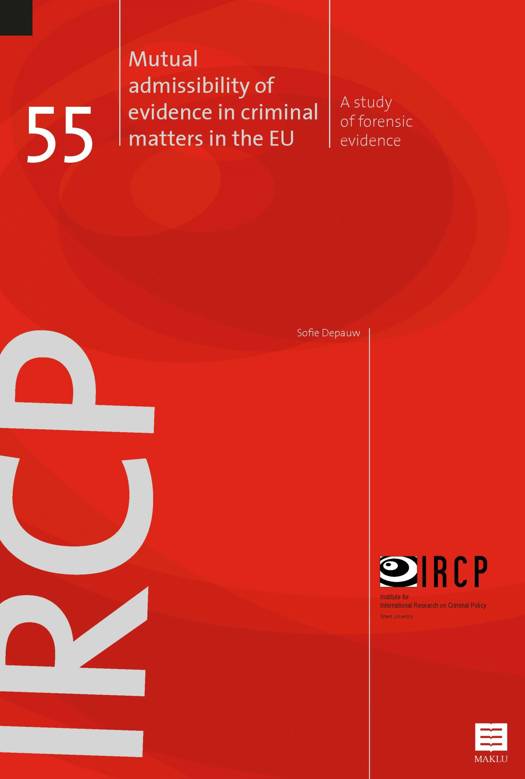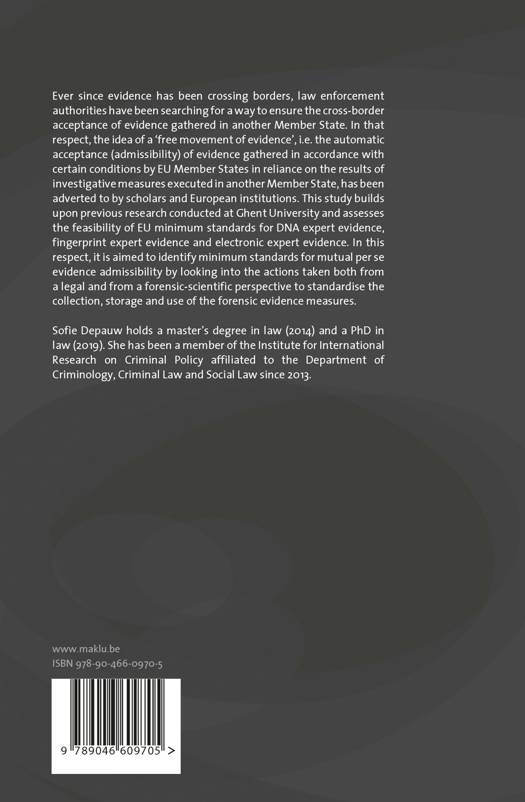
- Afhalen na 1 uur in een winkel met voorraad
- Gratis thuislevering in België vanaf € 30
- Ruim aanbod met 7 miljoen producten
- Afhalen na 1 uur in een winkel met voorraad
- Gratis thuislevering in België vanaf € 30
- Ruim aanbod met 7 miljoen producten
Zoeken


Mutual Admissibility of Evidence in Criminal Matters in the EU.
A study of forensic evidence
Sofie Depauw
€ 65,00
+ 130 punten
Omschrijving
Ever since evidence has been crossing borders, law enforcement authorities have been searching for a way to ensure the cross-border acceptance of evidence gathered in another Member State. In that respect, the idea of a 'free movement of evidence', i.e. the automatic acceptance (admissibility) of evidence gathered in accordance with certain conditions by EU Member States in reliance on the results of investigative measures executed in another Member State, has been adverted to by scholars and European institutions. This study builds upon previous research conducted at Ghent University and assesses the feasibility of EU minimum standards for DNA expert evidence, fingerprint expert evidence and electronic expert evidence. In this respect, it is aimed to identify minimum standards for mutual per se evidence admissibility by looking into the actions taken both from a legal and from a forensic-scientific perspective to standardise the collection, storage and use of the forensic evidence measures.
Sofie Depauw holds a master's degree in law (2014) and a PhD in law (2019). She has been a member of the Institute for International Research on Criminal Policy affiliated to the Department of Criminology, Criminal Law and Social Law since 2013.
Sofie Depauw holds a master's degree in law (2014) and a PhD in law (2019). She has been a member of the Institute for International Research on Criminal Policy affiliated to the Department of Criminology, Criminal Law and Social Law since 2013.
Specificaties
Betrokkenen
- Auteur(s):
- Uitgeverij:
Inhoud
- Aantal bladzijden:
- 448
- Taal:
- Engels
- Reeks:
- Reeksnummer:
- nr. 55
Eigenschappen
- Productcode (EAN):
- 9789046609705
- Verschijningsdatum:
- 27/11/2019
- Uitvoering:
- Paperback
- Afmetingen:
- 170 mm x 240 mm

Alleen bij Standaard Boekhandel
+ 130 punten op je klantenkaart van Standaard Boekhandel
Beoordelingen
We publiceren alleen reviews die voldoen aan de voorwaarden voor reviews. Bekijk onze voorwaarden voor reviews.








